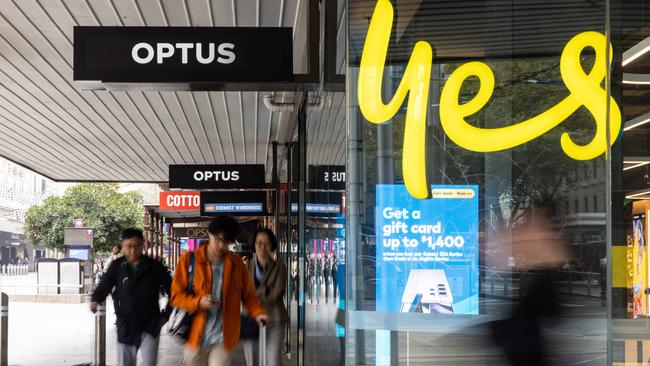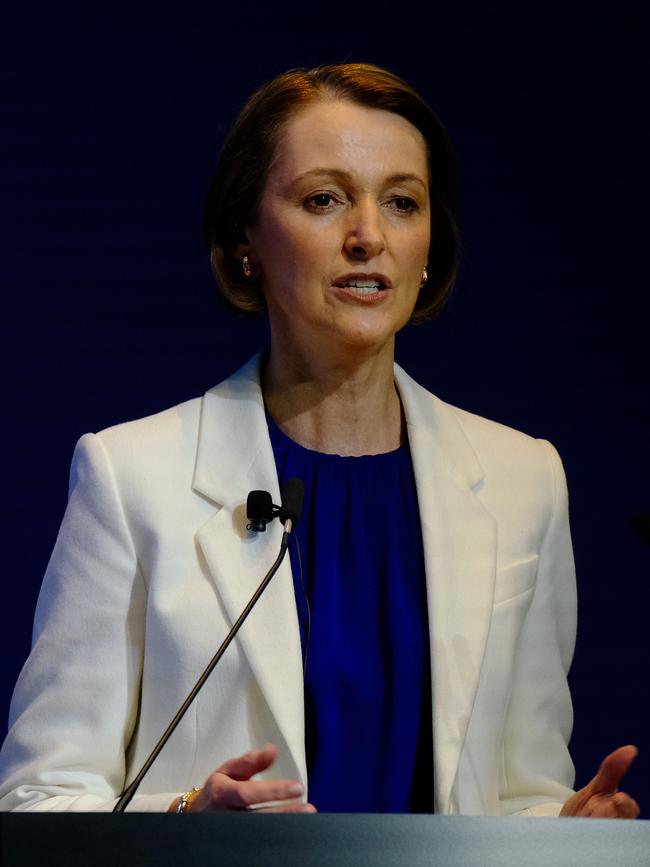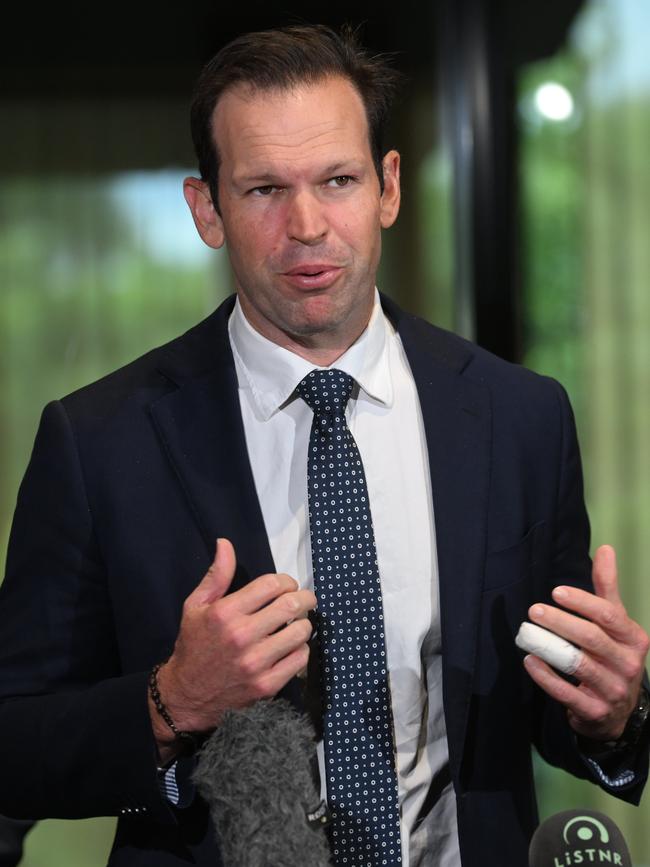Optus, Telstra delay 3G shutdown amid emergency calling concerns
Two of Australia’s largest telcos have pushed back the shutdown of 3G networks after mounting concerns that thousands will be unable to reach emergency services.

The nation’s largest telcos have pushed back the date they’ll shut down their 3G networks amid concern that thousands of people would be unable to reach emergency services.
The move follows a Senate inquiry into the shutdown earlier this year, one that drew 44 submissions from the likes of the National Aboriginal Community Controlled Health Organisation, the Royal Flying Doctors, the National Farmers Federation, the National Emergency Management Agency and the Department of Fire and Rescue Services.
Telstra and Optus have collectively agreed to keep their 3G networks open until at least October 28, about 10 months after their next biggest competitor, TPG, shut down its 3G network in December last year.

While the shutdown is inevitable, both telcos said they recognised that some customers still used IOT devices, including medical monitors, that use the 3G network.
Telstra boss Vicki Brady said the telco had been communicating the shutdown to customers for several years, including sending staff to door knock those in vulnerable circumstances.
Optus interim boss Michael Venter said his company had made similar efforts but a small number of customers still used 3G devices. “We are joining with Telstra to launch a final public awareness campaign to really drive home the safety message and get the final groups of customers to act,” he said.
The shutdown arrives a fortnight after the both telcos were urged to postpone, receiving correspondence from the Rural and regional affairs and transport references committee.

“The committee is particularly concerned that the number of 3G non-mobile devices remains unknown. These devices span industries including health, security, surveying, agriculture, personal medical alerts, and safety and asset tracking equipment,” the letter, signed by senator Matt Canavan, read.
Senator Canavan added that while the telcos’ efforts to warn customers was commendable, he was concerned that all devices that would be affected were not properly identified.
“It is of great concern that Telstra are only now starting to identify some types of devices that are likely to be impacted, such as emergency phones in elevators,” he wrote.

On Wednesday, Ms Brady said her company had spent five years communicating to customers that its 3G network would be shut down.
But Senator Canavan said the committee believed it was not enough. “We do not believe this is a reasonable amount of time for consumers to become aware that their phone may not work and to take steps to replace it,” he wrote.
In its submission, the National Aboriginal Community Controlled Health Organisation warned that a shutdown would leave “elders and their carers potentially the most vulnerable”.
“For Aboriginal and Torres Strait Islander people, disruptions to service disproportionately impacts their access to essential services including everyday consumables, healthcare, education, and emergency services,” it read.







To join the conversation, please log in. Don't have an account? Register
Join the conversation, you are commenting as Logout